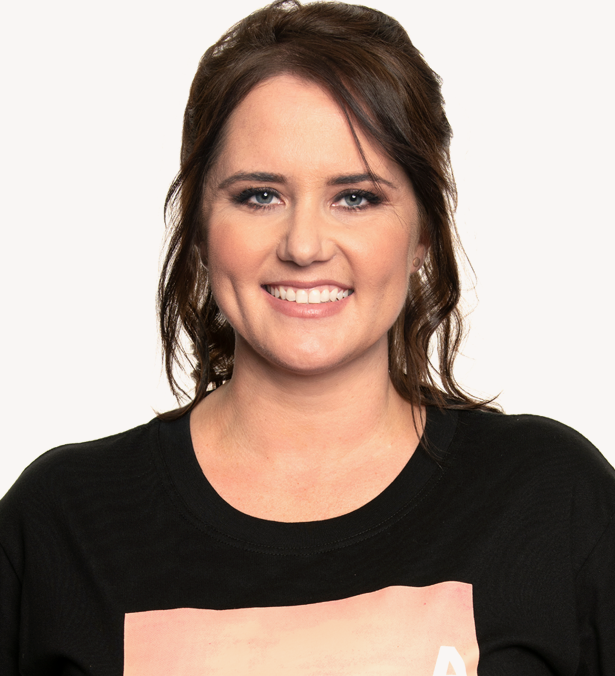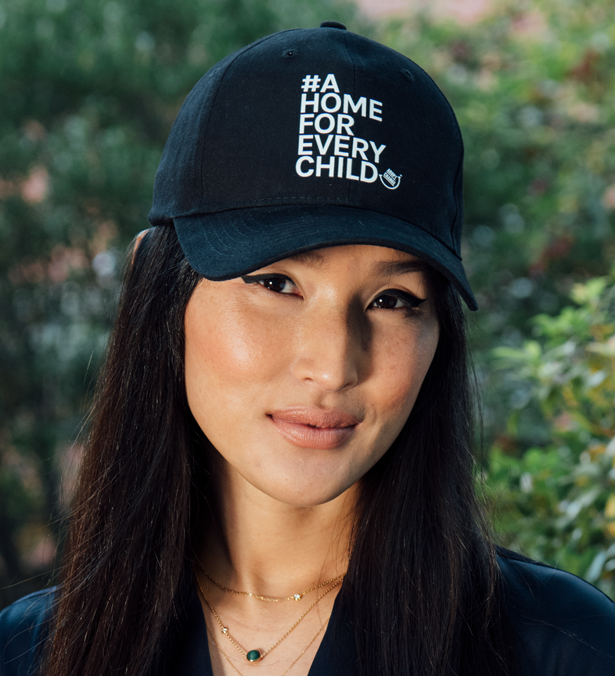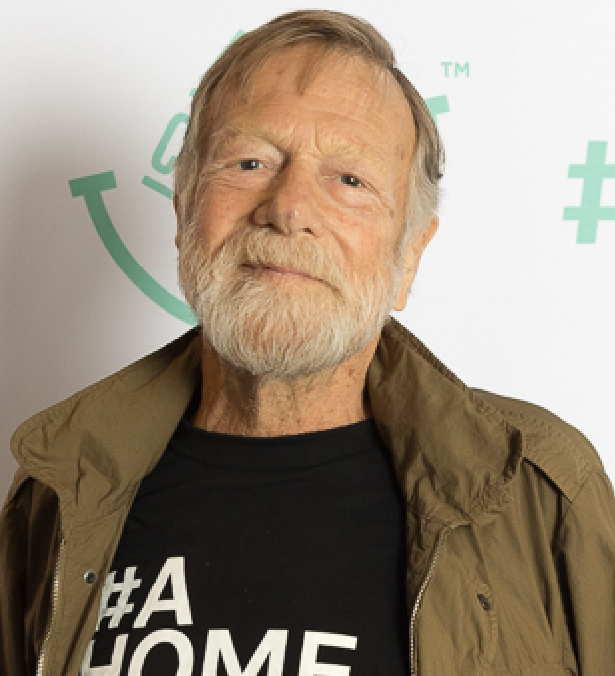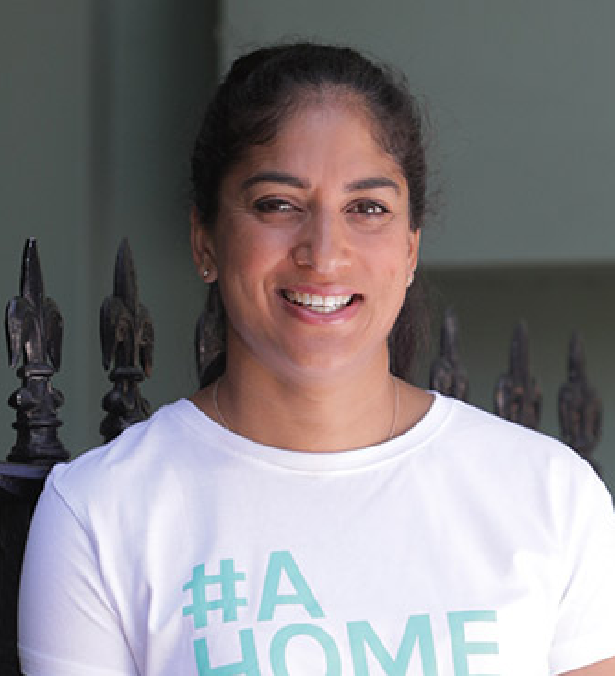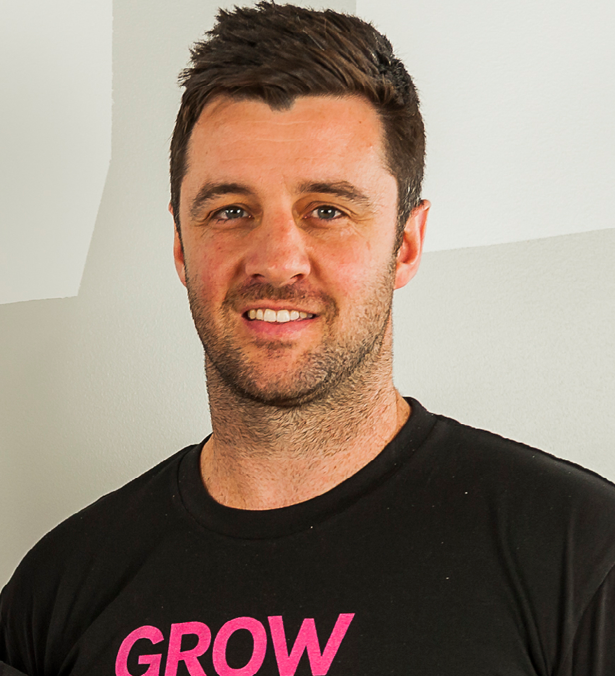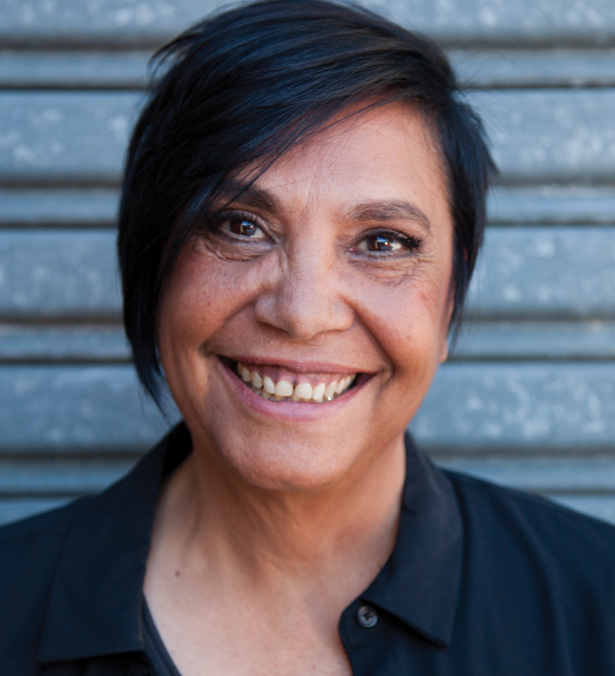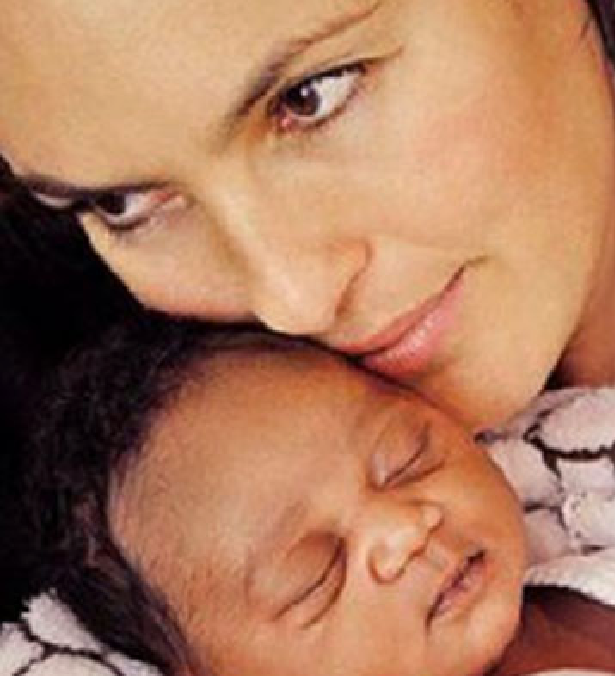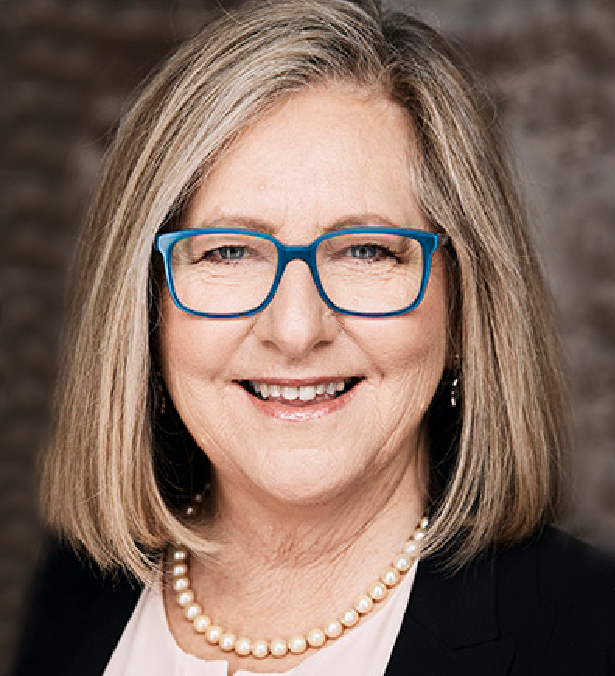Adoption and Permanent Care
Where to Start
If you are considering taking on the permanent care or adoption of a child we recommend you first read our information on How Adoption Works In Australia.
Currently in the Australian Capital Territory (ACT) there are four possible pathways:
- Local adoption: where you have no previous relationship with the child to be adopted, and the birth parents decided on adoption when their child was born.
- Intercountry Adoption: adopting a child from overseas
- Out of home care adoption: where a foster carer can adopt a child who has been in their care for a period of time.
- Permanent Care: long term care for children who are in out of home care through Child protection services and for their safety and well-being it has been decided that they are unable to return home to their birth families.
Local Adoption
Local adoption is usually for infants and very young children whose birth parents decided on adoption when their child was born. Usually the birth parent will be involved in the choosing an adoptive family for their child. In the ACT there are very few local adoptions.
Eligibility
To adopt a child in the ACT, you must live in the ACT and be listed on the suitable people register. There are also requirements outlined in section 14 of the Adoption Act 1993 regarding whether you are adopting as a couple or an individual.
How to Apply for Local Adoption
- Make an initial enquiry through Child and Youth Protection Services to register your interest.
- Attend a half-day information session and two-day education seminar, followed by an interview, to ensure you understand the implications of adoption.
- Complete an application to confirm your eligibility and begin the assessment process, including interviews and financial, medical and police background checks to determine suitability.
- If you are successful, a recommendation will be made to the Carer Assessment and Linking Panel (CALP) that you be placed on the suitable people register and be considered for future adoptions.
- A placement proposal outlining a possible adoption for you to consider. All required consents will have been obtained before a proposal is given to you.
- Placement of the child with you with ongoing assessments and support to ensure the match is correct, and determine if you should apply to the ACT Supreme Court for an adoption order.
- Lodge the adoption order application with the ACT Supreme Court – this includes a recommendation report from us.
- Attending a court hearing where the decision on adoption will be made.
See more information on ACT Comunity Services website.
Intercountry Adoption
In the ACT, intercountry adoptions are coordinated by the Child and Youth Protection Services in accordance with the Adoption Act 1993.
Intercountry adoption is governed by The United Nations Convention on the Rights of the Child and The Hague Convention on the Protection of Children and Co-Operation in Respect of Intercountry Adoption.
The eligibility criteria for who can adopt is different in each country. This can include age, marital status, health and in some cases religion.
All countries require you to demonstrate your ability to provide for emotional, social and economic wellbeing of a child until they reach adulthood. Intercountry adoption also requires your commitment to, and respect for, the child’s heritage and culture of origin.
How to Apply for Intercountry Adoption
- Make an initial enquiry with us registering your interest.
- Attend a half-day information session and two-day education seminar to ensure you understand the implications of adoption.
- Attend a pre-application interview so we can confirm your eligibility.
- Complete an application.
- If your application is successful, undertake an assessment process, including interviews and financial, medical and police background checks to determine suitability.
- Preparation of an adoption report to be provided to your country of choice (if you are found suitable through the assessment process).
- An assessment process conducted by your country of choice to determine your suitability and if approved have you placed on their waiting list until a child is matched to you.
- A placement proposal outlining a possible adoption to be considered by Child and Youth Protection Services (to ensure compliance with Australian law) and then you to decide if you want to adopt the child or not.
- Immigration processes to allow the child to enter and remain in Australia.
- Travel to the child’s country of birth to accept their placement and complete the country’s adoption and immigration requirements.
- Finalisation of the adoption. Depending on the country this may happen overseas or after you return to Australia with the child.
- Updating of relevant records and provision of a new birth certificate for the child.
- Post-adoption assessments depending on the child’s birth country.
- Access post-adoption support if required.
For more information on adopting a child from overseas check the website here.
Out of Home Care Adoption
Children and young people in out of home care can be adopted by their foster families as laid out in the “Adoption Act 1993”.
In the ACT this is the most common way to adopt a child. The ACT government is encouraging potential adoptive parents to consider this option, and to become foster carers as a step towards either adopting a child, or becoming a long-term permanent carer.
The non-government sector is now responsible for the delivery of all foster care programs in the ACT. ACT Together is the approved care and protection organisation who partners with Child and Youth Protection Services to provide foster care. See information below on how to apply to become a long-term foster carer.
Permanent Care
This type of care is for children who come through Child Protection services and for their safety and well-being it has been decided that they are unable to return home to their birth families. Permanent care parents are responsible for day-to-day care of the child and also long term decisions about things like education, changes in residence, health and employment.
Permanent care provides a child with a permanent, safe and loving home at least until they reach the age of 18, and in most cases, a stable family relationship that will last their lifetime.
Permanent care is not the same as foster care, which can be a temporary arrangement that aims to reunite children with their birth parents. Nor is it like adoption, which permanently transfers all legal parenting rights and responsibilities to the adoptive parents.
Support for permanent carers:
In most cases children will have contact with members of their birth family after they join their permanent care family. Initially visits with a child’s birth family are organised and supported by a worker from the permanent care team, until carers feel confident about managing contact themselves.
Permanent carers receive:
- case work support for the child
- carer support person for you
- 24 crisis contact numbers in case of an emergency
- Financial assistance to meet the child’s expenses, and ongoing training opportunities e.g. Circle of Security, Trauma Based Care, etc.
Eligibility
Foster carers can be from all walks of life. The ACT welcome couples, families, singles, married, defacto, LGBTI, and all religions and cultures. Unemployed, retired, casual, part time and full time workers are all accepted, as long as they can provide adequate time to the child and are financially stable.
Carers need to be nurturing, tolerant and provide consistent care in suitable housing.
To be eligible to provide out of home care you must:
- Be over 21 years of age for short term care programs, or 25 years of age for permanent care programs.
- be prepared to undertake mandatory training and assessment, and be financially stable.
- Undertake the required medical checks throughout the assessment process.
- Provide acceptable accommodation for the child – an adequately sized private bedroom, and house safety assessments will be completed.
- have finished your involvement with any fertility treatment for a period of time adequate to allow for processing of associated grief and loss.
- disclose if you have previously applied with other agencies.
- Be a non-smoker – ACT Together only accepts applications from non-smokers and your house must be a smoke free household.
How to Apply to become a Long-Term Permanent Carer through out-of-home care
The application process happens over many months to ensure you are ready to provide foster care and to match you with the right type of foster care and a child that best suits you and your family.
For further information on becoming a foster carer and permanent carer see the ACT Together website.
Post Adoption Support Services
Post adoption support is available at any time after an adoption order has been granted.
ACT Together provides support services to children and their families who have been adopted from out of home care. ACT Together can provide support and counselling, assistance with contact between the child and their birth family and referrals to other support services.
Support for families who have adopted via the local and intercountry adoption programs is provided by Child and Youth Protection Services. You can access information on support services on the ACT Community Services website.

